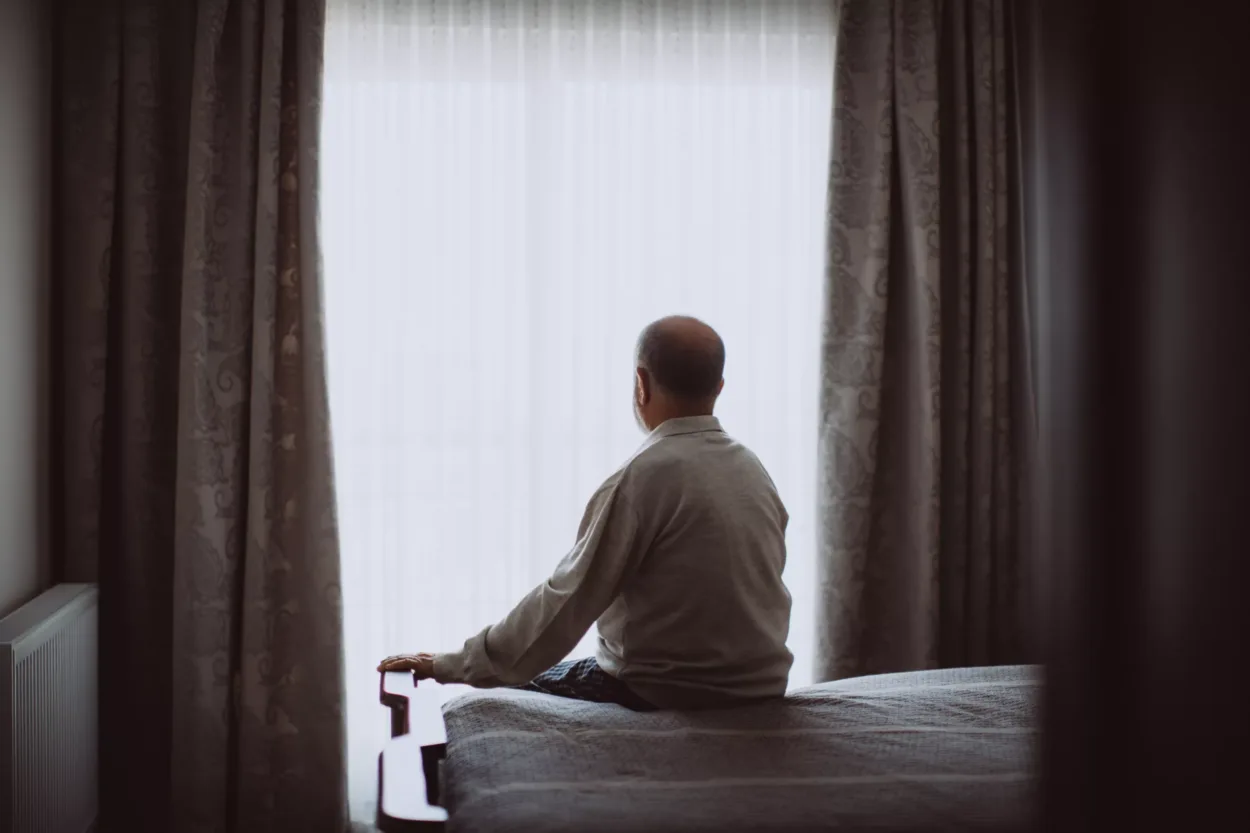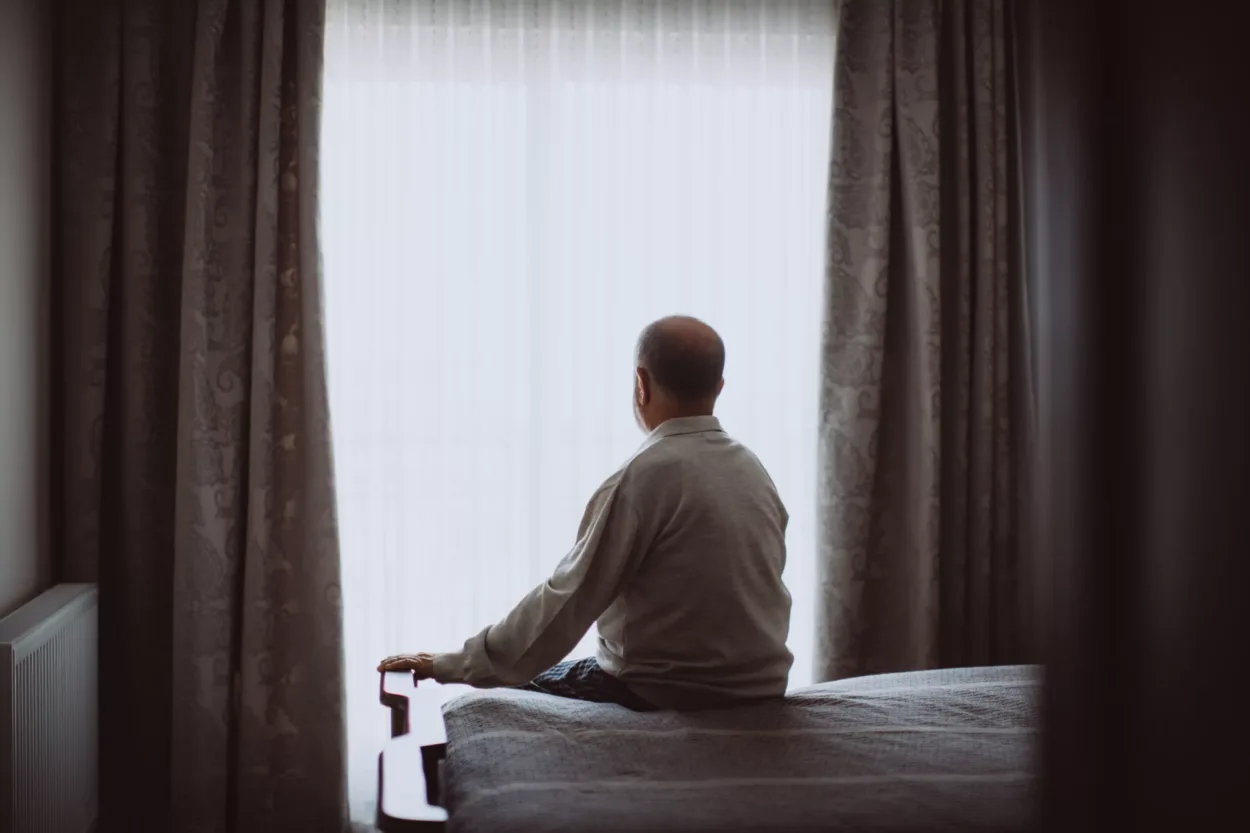
Therapy has never been more accessible.
You can search online, ask a friend or download an app, and you’ll be on your way to finding a therapist. But taking the time to find a therapist who is the right fit is crucial. At best, a mismatched therapist will simply be ineffective; at worst, a mismatched therapist can exacerbate your challenges.
It may not sound like the funniest task in the world, but taking the time to research therapists and find the right one for you is vital for your healing journey.
In this article, we’re going to walk you through how to find the right therapist for you.
How to find the right therapist
1. Identify your budget
If you plan on paying independently, it’s important to identify what your weekly or monthly budget is, and if you need to rearrange your finances in other areas of your life. If you are paying through an insurance plan, review your plan’s policy for therapy and mental health support to identify any restrictions on coverage, which therapists your plan accepts, as well as if there’s a limit to how many sessions are covered and what your co-pay will be, if applicable.
2. Identify your ideal therapist
Before you start looking for a therapist, figure out what kind of therapist you need. Therapists specialize in a variety of fields, such as addiction and substance use, marriage and family, trauma, eating disorders and more. Whether you’re going to therapy to address one area of your life or to heal from co-occurring disorders, it’s important to identify your needs so you can find the appropriate therapist.
After identifying what kind of therapist would be most beneficial, you can decide on personal elements, such as male versus female, of a certain belief system or LGBTQ+ friendly.
3. Use a reliable online database
The most acclaimed mental health organizations in the U.S. maintain up-to-date databases of licensed therapists around the country to better help individuals locate them. It’s as simple as typing in your zip code to find therapists near you and then filtering results by therapy type, such as individual, family, marital, addiction and more.
4. Ask the right questions
When you find an organization or private therapist you’re interested in, further assess compatibility by asking questions. For example, if you are wanting to minimize or avoid medication use, ask if medication is going to be a primary form of treatment. Inquire about treatment modalities they use. Additionally, if you want the option of having telehealth services, you’ll want to ask if video or phone calls are available.
5. Observe how you feel around them
Once you’ve found a therapist you think will be a great fit, there’s one last assessment to perform: that of your own responses around them. The therapist you’ve chosen might be a great fit on paper–years of experience, personal attributes (belief system, gender, etc.), expertise in the field you’re looking for — but none of that matters if you get a “bad vibe” that prevents you from opening up to them.
Pay attention to how you feel around them (at ease, anxious, unnerved, comfortable). Notice if the therapist makes you feel heard and respected, or if they interrupt you or disregard your concerns and beliefs. All of these factors matter in who you decide to trust.
Take the first step today
The Light Program offers premier mental health treatment for adults and teens that fosters intrinsic changes in their recovery, as well as long-lasting hope and healing in their lives.
We believe no two people are alike, which is why all of our programs are customizable to your unique needs, goals and preferences. Whether you’re seeking partial hospitalization, an intensive outpatient program or an after-work/school treatment plan, we’ve got you.
We strive to provide our communities with as thorough, effective and affordable treatment as possible. Our comprehensive mental health services are suitable for children, adolescents and adults, and our highly trained therapists are experienced in a wide range of topics, including anxiety, depression, trauma, emotional dysregulation and more.
If you aren’t sure exactly what kind of treatment you need, send us a message today. We’re here to help, even if you aren’t ready to enroll in one of our programs.






